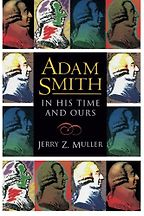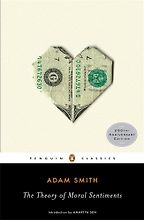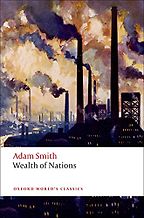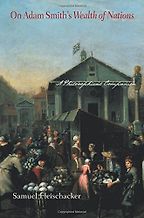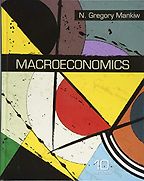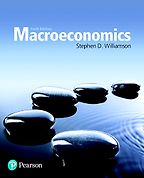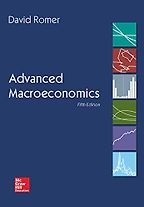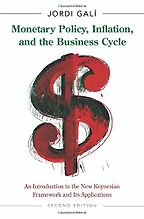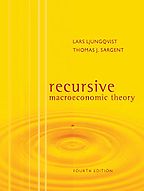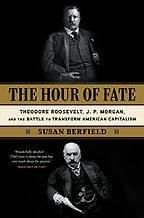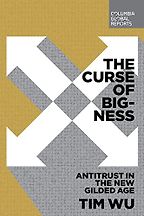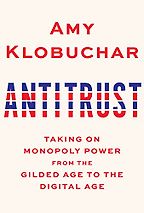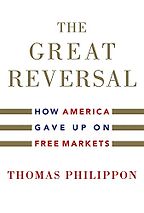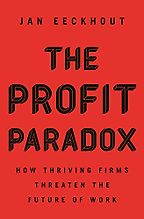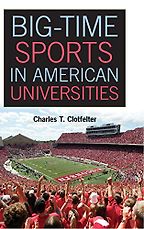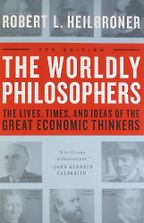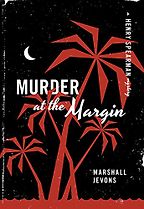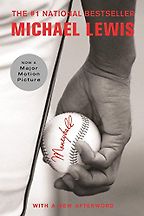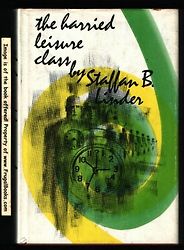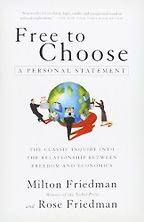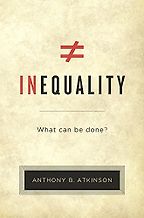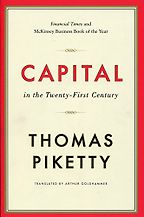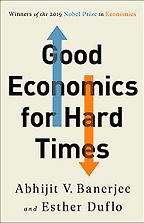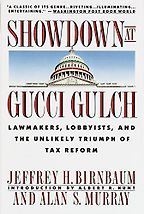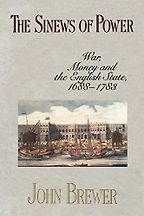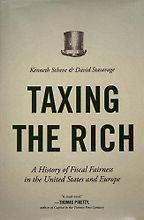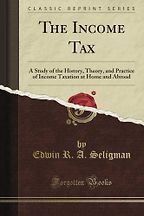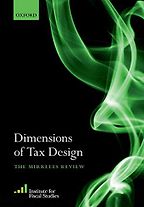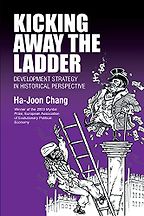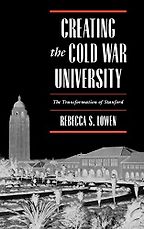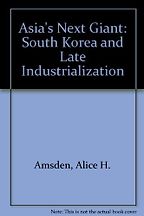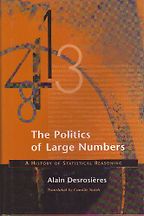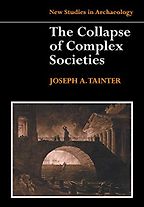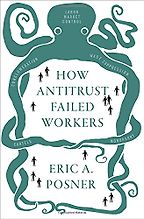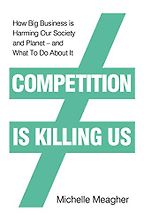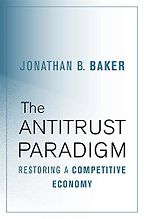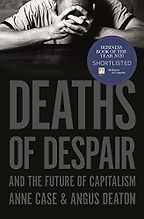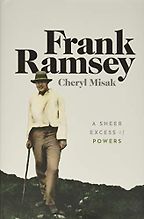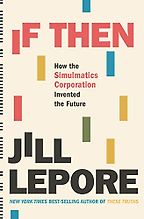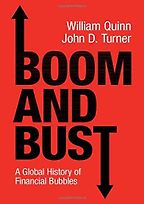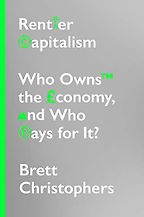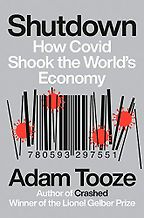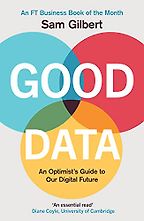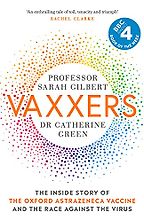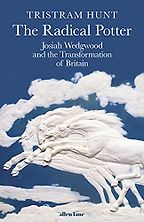Economics Books
recommended by economists
Last updated: February 06, 2026
The Best Adam Smith Books, recommended by Dennis Rasmussen
Adam Smith tends to be seen as the founder of capitalism and modern economics, but he was, first and foremost, a moral philosopher. Dennis Rasmussen, author of The Infidel and the Professor—a book about Smith’s friendship with David Hume—selects the best books by and about Adam Smith.
-

1
Macroeconomics
by Greg Mankiw -

2
Macroeconomics
by Stephen Williamson -

3
Advanced Macroeconomics
by David Romer -

4
Monetary Policy, Inflation, and the Business Cycle: An Introduction to the New Keynesian Framework and its Applications
by Jordi Gali -

5
Recursive Macroeconomic Theory
by Lars Ljungqvist & Thomas J. Sargent
The Best Macroeconomics Textbooks, recommended by Raffaele Rossi
The Best Macroeconomics Textbooks, recommended by Raffaele Rossi
In its study of the broader economy, macroeconomics is a vital tool for understanding the world around us, offering insights into issues that affect us all, like inflation and unemployment. Which textbooks to read to learn more about it? Here, Raffaele Rossi, Senior Lecturer at the University of Manchester, recommends his top macroeconomics textbooks, starting with entry-level books aimed at undergraduates all the way through to the tough tomes you’ll need to plough through if you’re doing a doctorate and want to work at the frontier of the discipline.
-

1
The Hour of Fate: Theodore Roosevelt, J.P. Morgan, and the Battle to Transform American Capitalism
by Susan Berfield -

2
The Curse of Bigness: Anti-Trust in the New Gilded Age
by Tim Wu -

3
Antitrust: Taking on Monopoly Power from the Gilded Age to the Digital Age
by Amy Klobuchar -

4
The Great Reversal: How America Gave up on Free Markets
by Thomas Philippon -

5
The Profit Paradox: How Thriving Firms Threaten the Future of Work
by Jan Eeckhout
The best books on Market Concentration, recommended by Jan Loeys
The best books on Market Concentration, recommended by Jan Loeys
Power corrupts and corporate power is no exception: its effects are bad for consumers, bad for workers and bad for the economy. Here, Belgian American economist Jan Loeys recommends books that look at the economic and political implications of ‘market concentration,’ and explains why we don’t need governments that are pro-business but ones that are pro-market.
Books that Show Economics is Fun, recommended by Daniel Hamermesh
According to Keynes, to be a good economist you have to be good at maths but not too good, good at history but not too good, and good at philosophy but not too good. Economics is also a lot of fun, argues economist Daniel Hamermesh. He chooses five books to make his case.
The best books on Learning Economics, recommended by John Quiggin
We live in a society where it’s vital to have a good grasp of economics, but that doesn’t mean you need an economics degree to understand what it’s all about. Australian economist John Quiggin, author of Economics in Two Lessons, recommends books for learning about economics, all accessible to the general reader, and tries to dispel some of the myths about what it is professional economists do.
-

1
Showdown at Gucci Gulch: Lawmakers, Lobbyists, and the Unlikely Triumph of Tax Reform
by Alan Murray & Jeffrey Birnbaum -

2
The Sinews of Power: War, Money and the English State, 1688–1783
by John Brewer -

3
Taxing the Rich: A History of Fiscal Fairness in the United States and Europe
by David Stasavage & Kenneth Scheve -

4
The Income Tax: A Study of the History, Theory, and Practice of Income Taxation at Home and Abroad
by Edwin Seligman -

5
Dimensions of Tax Design: The Mirrlees Review
by Institute for Fiscal Studies
The Best Books on Taxes and Taxation, recommended by Joel Slemrod & Michael Keen
The Best Books on Taxes and Taxation, recommended by Joel Slemrod & Michael Keen
Many of us try to avoid thinking about taxes unless we have to, but the truth is taxation has had a profound effect on the course of history and will play a key in the future society we create, too. Here, Michael Keen and Joel Slemrod, both public finance economists and authors of Rebellion, Rascals, and Revenue: Tax Follies and Wisdom Through the Ages, recommend books about taxes that are not only informative but also good reads.
-

1
Kicking Away the Ladder: Development Strategy in Historical Perspective
by Ha-Joon Chang -

2
Creating the Cold War University: The Transformation of Stanford
by Rebecca Lowen -

3
Asia's Next Giant: South Korea and Late Industrialization
by Alice Amsden -

4
The Politics of Large Numbers: A History of Statistical Reasoning
by Alain Desrosières & Camille Naish (translator) -

5
The Collapse of Complex Societies
by Joseph Tainter
The best books on Industrial Policy, recommended by Danny Crichton
The best books on Industrial Policy, recommended by Danny Crichton
Government intervention in the economy played a key role in the East Asian economic miracle and, further back, the development of countries that have traditionally championed free markets around the world. As the merit of state leadership in key industries returns to mainstream debate, Danny Crichton of venture capital firm Lux Capital recommends five outstanding books for understanding industrial policy.
-

1
The Profit Paradox: How Thriving Firms Threaten the Future of Work
by Jan Eeckhout -

2
The Great Reversal: How America Gave up on Free Markets
by Thomas Philippon -

3
How Antitrust Failed Workers
by Eric A. Posner -

4
Competition is Killing Us: How Big Business is Harming Our Society and Planet
by Michelle Meagher -

5
The Antitrust Paradigm: Restoring a Competitive Economy
by Jonathan B. Baker
The best books on Antitrust, recommended by Howard Smith
The best books on Antitrust, recommended by Howard Smith
Across sectors and around the world fewer and fewer companies dominate the economy, with negative consequences for consumers, workers and the economy as a whole. Here, Oxford economist Howard Smith introduces books on ‘antitrust,’ a key policy tool for ensuring that markets are actually functioning properly in market economies.
-

1
Deaths of Despair and the Future of Capitalism
by Angus Deaton & Anne Case -

2
Frank Ramsey: A Sheer Excess of Powers
by Cheryl Misak -

3
If Then: How the Simulmatics Corporation Invented the Future
by Jill Lepore -

4
Boom and Bust: A Global History of Financial Bubbles
by John D. Turner & William Quinn -

5
Rentier Capitalism: Who Owns the Economy, and Who Pays for It?
by Brett Christophers
The Best Economics Books of 2020, recommended by Diane Coyle
The Best Economics Books of 2020, recommended by Diane Coyle
The global economy has been hit by another massive and unexpected shock this year in the form of the pandemic, which is already having knock-on effects on how people think about economics. Here, Professor Diane Coyle of Cambridge University chooses the best economics books published in 2020.
-

1
Home in the World: A Memoir
by Amartya Sen -

2
Shutdown: How Covid Shook the World's Economy
by Adam Tooze -

3
Good Data: An Optimist's Guide to Our Digital Future
by Sam Gilbert -

4
Vaxxers: The Inside Story of the Oxford AstraZeneca Vaccine and the Race Against the Virus
by Catherine Green & Sarah Gilbert -

5
Radical Potter
by Tristram Hunt
The Best Economics Books of 2021, recommended by Diane Coyle
The Best Economics Books of 2021, recommended by Diane Coyle
From the education of a Nobel Prize-winning economist to debates about privacy and the drawbacks of global supply chains, Professor Diane Coyle of Cambridge University’s Bennett Institute for Public Policy chooses the best economics books of 2021. These are highly readable books that also shed important light on the Covid pandemic and the world we live in.
